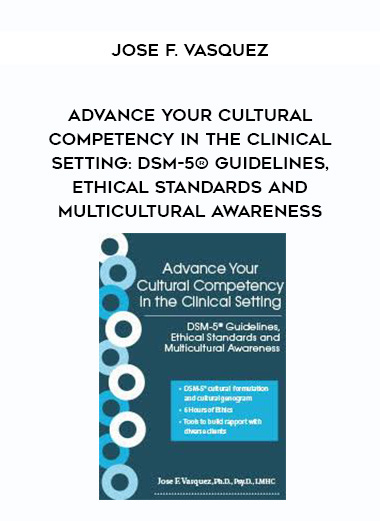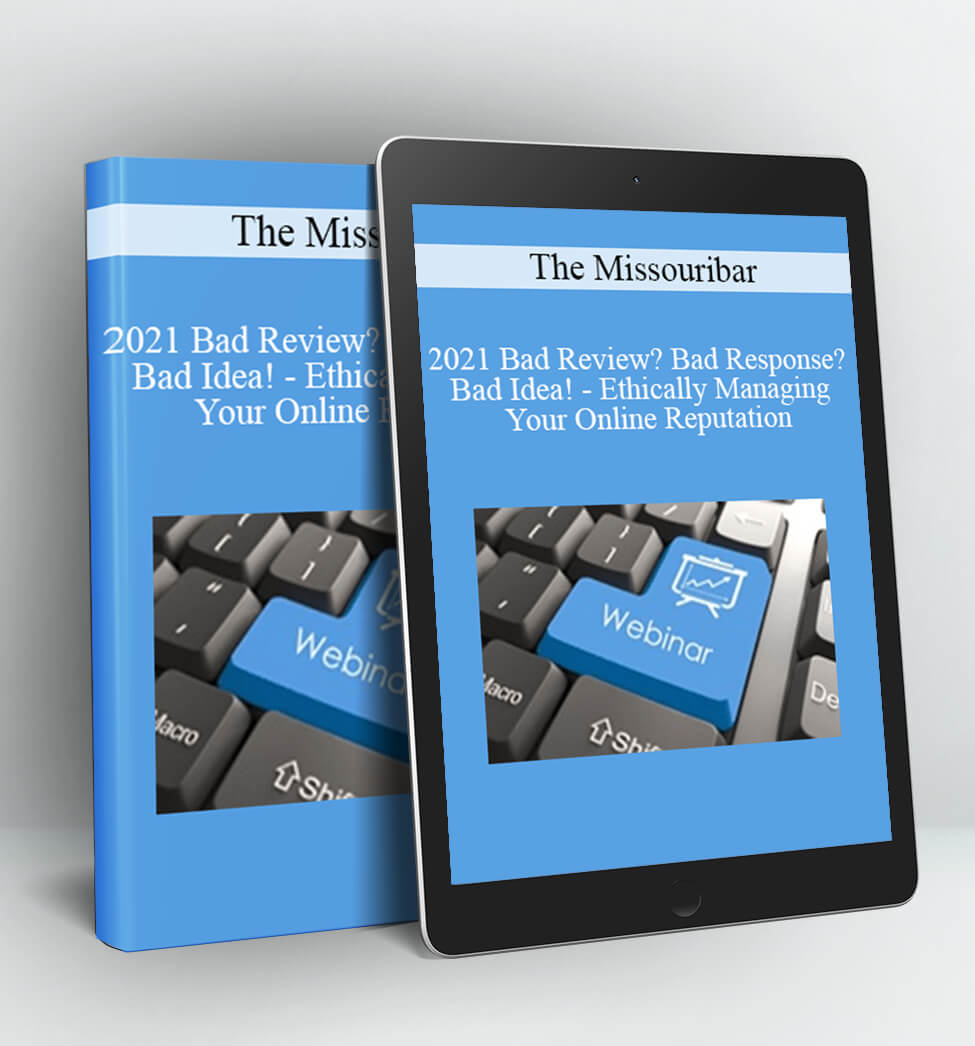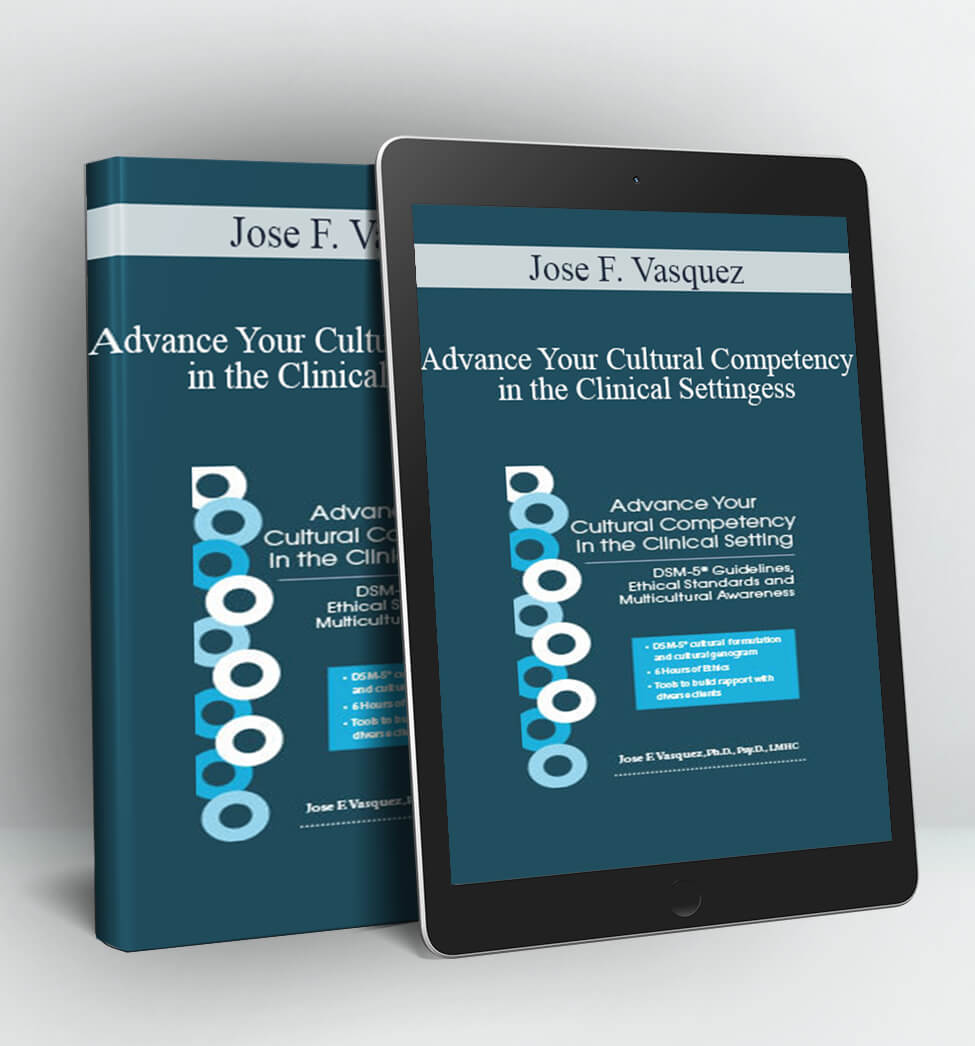
Advance Your Cultural Competency in the Clinical Setting: DSM-5® Guidelines, Ethical Standards and Multicultural Awareness – Jose F. Vasquez
- DSM-5® cultural formulation and cultural genogram
- 6 Hours of Ethics
- Tools to build rapport with diverse clients
The DSM-5® has changed the cultural criteria in both assessment and treatment of mental health. Integrating these new approaches is essential to ethical and competent practice. Watch this seminar with expert Dr. Jose Vasquez, and you will learn how to incorporate the new DSM-5® criteria and adapt evidence-based models in a culturally sensitive context. By identifying cultural influences and breaking down stereotypes and biases, you can build a stronger rapport with your diverse clients and achieve better therapeutic outcomes.
You will develop the skills to:
- Navigate through language barriers
- Overcome religious and cultural issues in mental health
- Adapt treatment for specific groups
- Identify cultural trauma and psychosomatic distress
- Promote resiliency in your clients
Using case examples, exercises, and plenty of humor, Dr. Vasquez will help deepen your cultural mindfulness in the clinical setting. You will leave feeling confident dealing with diverse clients and better equipped to overcome the challenging demands of cultural competence.
- Implement new DSM-5® criteria and cultural formulation.
- Identify your cultural influences and use your knowledge to build rapport with diverse clients.
- Define the role, assessment and treatment of intergenerational cultural and historical trauma on mental health.
- Discuss guidelines for working with specific groups or populations.
- Develop skills to overcome cultural barriers such as language and religion.
- Describe strategies and techniques for multicultural competencies in your practice.
- Apply culture-based positive psychology and enhance resiliency.
Get Advance Your Cultural Competency in the Clinical Setting: DSM-5® Guidelines, Ethical Standards and Multicultural Awareness of author Jose F. Vasquez
DSM- 5®: New Guidelines for the Integration of Cultural Competencies
- Cross-cultural variations in presentations
- Cultural concepts of distress
- Assessments and diagnostic protocols
- DSM-5® cultural formulation
- Cultural factors influencing clients’ perspectives of their symptoms and treatment options
- Cultural genogram with families
Culture and Ethnicity in the United States
- Populations: African American, Euro-American, Asian, American Indian/Alaskan Native/Native Hawaiian/Pacific Islanders; Hispanic/Latino
- Multi-ethnic families: diversity within diversity
- Complexity of identity within groups; subcategories of larger communities
- Multi-ethnic identity; gender and ethnic identity
- Trends in locale specific migration patterns, variation and mental health needs
Cultural Competencies in Mental Health
- Mindfulness-based approach to cultural competence
- Acknowledge cultural differences: terms of reference, racism, stereotypes
- Understand your own culture(s) and ethnic influences
- The Fabric of rapport
- Make cultural connections
- Acquire knowledge & skills
- View behavior within a cultural context
Ethics, Competence & Professional Practice Issues
- Ethical standards for culturally competent practice
- Strategies for responding to the spectrum of professional practice and boundaries
- Micro-aggressions in everyday life and the clinical setting
Language and Religious Considerations
- Work with limited English proficiency and bi/multilingual clients
- Make the most of translation services
- Intersection of religion and culture
- Religious experience, counseling and mental health
Interventions and Therapeutic Concerns Across Cultures
- Engaging identities; transference and counter transference issues
- Medications; use and belief systems
- Tips for working with traditional practitioners & natural healers
- Guidelines for working with specific groups
- Innovative group therapies
- Culture-based positive psychology & resilience strategies
- Historical trauma and grief assessment
- Integrate cultural interventions into substance abuse programs
- Modify evidence- based practices & identify best practices
- Case studies and examples





